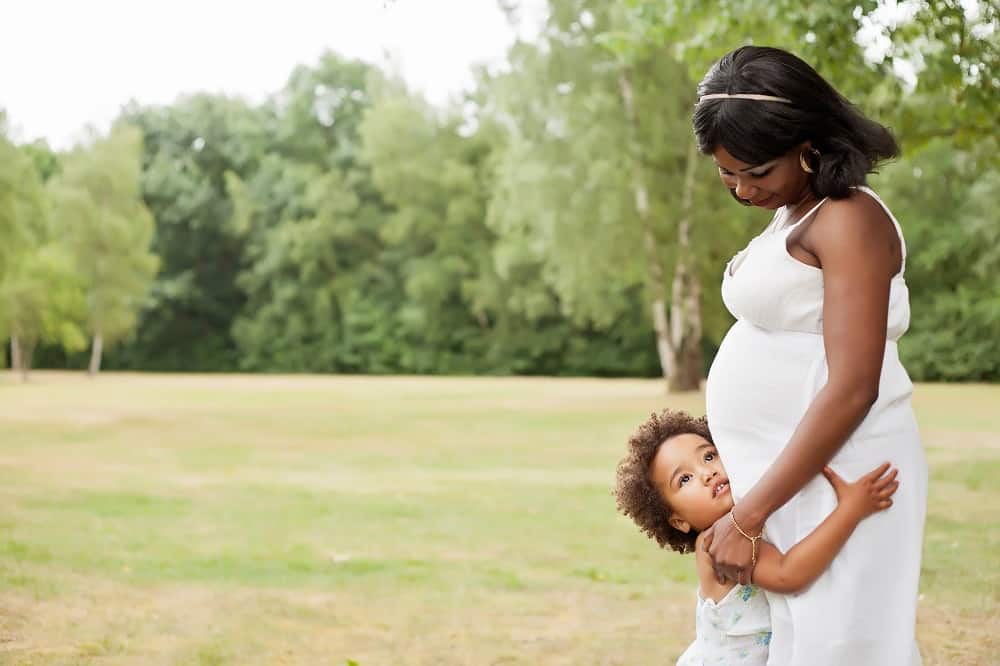Being pregnant during hot weather can be challenging. We discuss the risks of hot weather and high body temperature during pregnancy, and how to beat the heat.
Some mums-to-be find being pregnant in hot weather challenging. It’s important to take it easy and stay cool when pregnant. This is especially true during a heatwave when there is a greater risk of dehydration, heat exhaustion and heatstroke.
Rachel Heathcock, NCT Antenatal Teacher, offers her tips to pregnant women on keeping cool in the hot weather, in this video.
Do you get hotter during pregnancy?
Many women say they feel hotter during pregnancy. But there is limited evidence to suggest pregnant women’s core body temperature is actually any higher than usual because of pregnancy.
Yet warmer weather can certainly make pregnant women feel more hot and uncomfortable. Hot weather can also lead to dehydration, fatigue, heat exhaustion, fainting or even heatstroke. So it’s really important to keep cool when pregnant.
Avoid over-exerting yourself
If a pregnant woman’s body temperature rises above 39.2°C in the first 12 weeks of pregnancy, the baby has a slightly increased risk of having a birth defect. Don’t worry though, a woman’s body temperature wouldn’t typically be so high without a fever or exercising in a very hot and humid climate before acclimatising.
It’s therefore best to avoid overexerting yourself, particularly in the first trimester of pregnancy. If there is a sudden heatwave and it’s very hot and humid, you will need to take it easy and avoid exercising. That is, until you’ve got used to the heat, which might take a few days.
Use water to cool down
Having a cool bath during a heatwave can help you to feel less hot and bothered. If you are having a bath, the water temperature shouldn’t be above 32°C.
If you’re going out or exercising in warm weather, take water to stay hydrated. You could also carry a water spray in your bag so you can spray yourself with some cold water to cool off quickly.
Another top tip is putting your wrists under cold running water or pouring a little water from your bottle over them.
Protect your skin
Avoiding the sun can help prevent melasma also called pregnancy mask. Melasma is a common skin condition in which brown or grayish patches of pigmentation develop. It usually develops on the face.
This condition is more common in women, especially during pregnancy. Up to 50% of women may be affected.
One of the most important things to prevent melasma worsening is protecting yourself from UV radiation. You can do this by avoiding the sun, wearing a wide-brimmed hat when you are outside and by wearing sun tan lotion factor 30 or above, with a high UVA rating.
Easing discomfort of swollen ankles
Ankles, feet and fingers can swell in pregnancy, as your body retains more water than usual. It’s often worse during hot weather, at the end of the day and further into your pregnancy.
Throughout the day, the extra water tends to gather in the lowest parts of the body, especially if the weather is hot or you’ve been standing a lot. The pressure of your growing womb can also affect the blood flow in your legs, which can cause fluid to build up in your legs, ankles, and feet.
If you do have swollen ankles, you could try the following:
- Avoid standing up for a long time.
- Wear comfortable shoes and socks – anything with tight straps might pinch.
- Try to rest with your feet up as much as you can.
- Drink plenty of water – this helps your body get rid of excess water.
- Try to take regular walks during the day or doing foot exercises (when sitting or standing), which can improve blood circulation, reduce swelling in the ankles, and prevent cramp in the calf muscles. You could bend and stretch your foot up and down or rotate each foot in a circle.
If you are pregnant and experience a sudden swelling of your face, hand or feet, and a severe headache, contact your midwife, GP or NHS 111 straight away, as these could be signs of pre-eclampsia.
Know the signs of heat exhaustion and heat stroke
During hot weather, it’s useful to know the signs of heat exhaustion or heat stroke. The symptoms of heat exhaustion include:
- dizziness and confusion
- loss of appetite and feeling sick
- excessive sweating and pale
- clammy skin
- cramps in arms, legs, and stomach
- fast breathing and pulse
- temperature of 38 degrees or above
- intense thirst.
If someone shows signs of heat exhaustion, they need to be cooled down. Move them into a cool place in the shade or indoors and get them to lie down with their feet up. They should drink water to rehydrate. Cool them with a fan or cool water spray. They should start to feel better or cool down within 30 minutes.
Heatstroke is a medical emergency. Call 999 if the person:
- is no better after 30 minutes
- feels hot and dry
- is not sweating even though they are too hot
- has a temperature that’s risen to 40°C or above
- is breathing rapidly or has shortness of breath
- is confused
- has a fit (seizure)
- loses consciousness
- is unresponsive.



